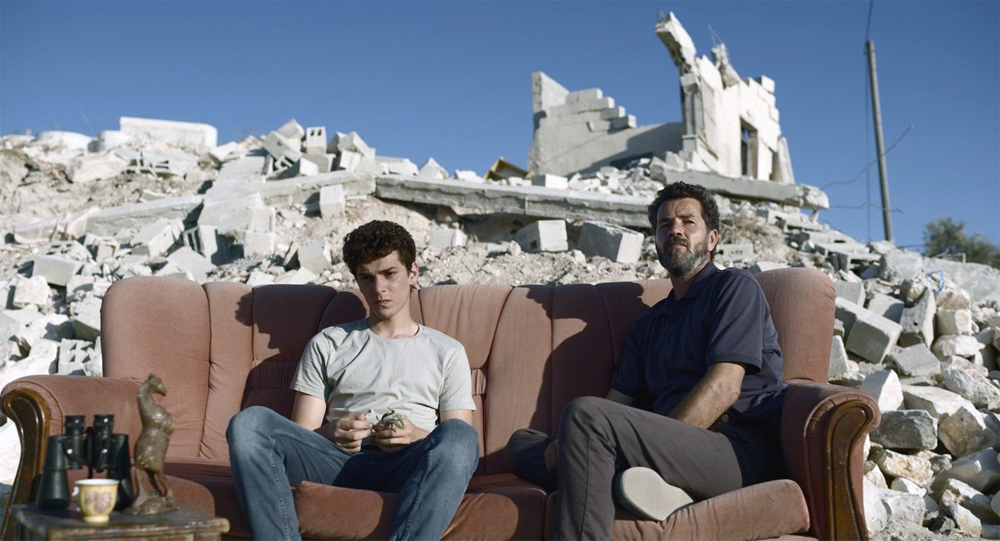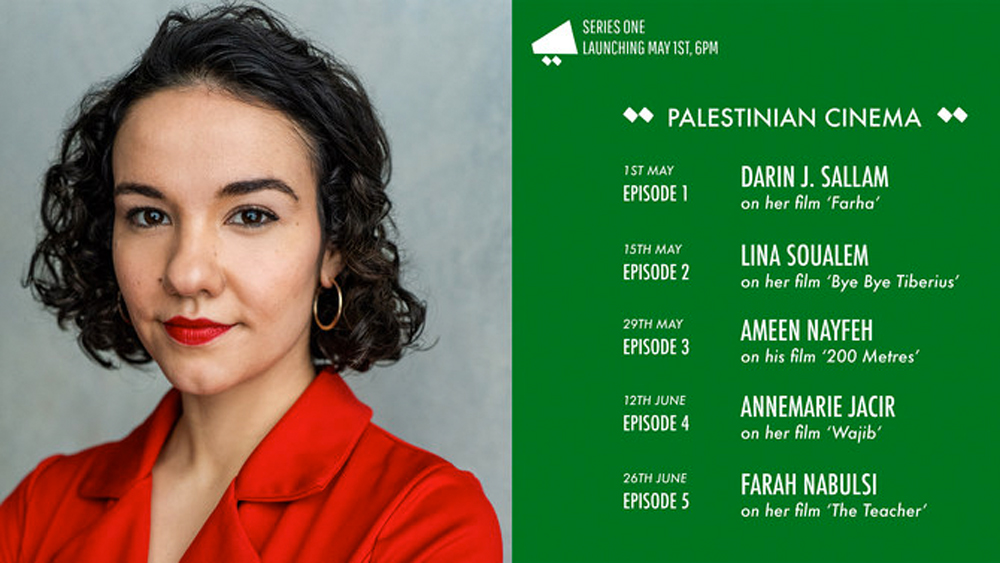
The Arab Film Club, a monthly gathering in London dedicated to honoring and showcasing Arab cinema, recently unveiled a new venture: a podcast launched on May 1st. Sarah Agha, an Irish Palestinian actor and writer who founded the club, will lead the first five-episode season centered on interviews with Palestinian filmmakers and the pivotal role of cinema in cultural resistance.
The inaugural episode features Darin J. Sallam, the director behind "Farha," Jordan's submission to the Oscars in 2022. Subsequent episodes will spotlight other notable figures in Palestinian cinema, including Lina Soualem ("Bye Bye Tiberias"), Ameen Nayfeh ("200 Metres"), Annemarie Jacir ("Wajib"), and Farah Nabulsi ("The Teacher"). Given the pressing need to continue discussing Palestine in today's climate, Agha felt compelled to interview some of her favorite Palestinian directors and make them accessible online for everyone to hear.

Reflecting on the impact of cinema, Agha highlighted Sallam's episode, noting the transformative power of educational discussions linked to film. She found Soualem's documentary especially compelling for its break from scripted narratives usually shown at the Arab Film Club, especially given her connection to the subject matter as her father hails from Tiberias.

Agha sees the podcast's launch as significant amidst increasing censorship of Palestinian voices in the arts. She remains steadfast against despair in the face of cancellations and suppression, viewing such attempts as indicative of the importance of these narratives. For instance, the Israeli government's pressure on Netflix to remove Darin's film underscores its relevance.

Beyond Arab audiences, Agha aims to engage a diverse listenership, recognizing the importance of reaching beyond insular communities. "If we just talk to ourselves all the time, we won't get any further with reaching a wider audience," she remarked, highlighting the podcast's potential to foster greater understanding and empathy across cultural boundaries.

















